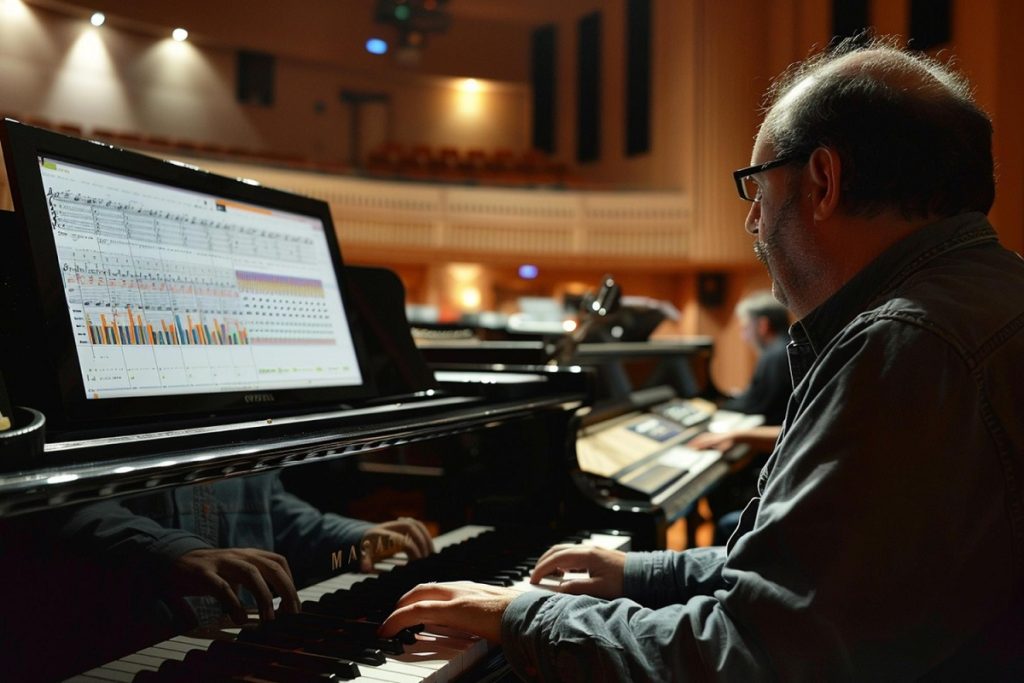Quentin Tarantino, a filmmaker known for his distinctive narrative style, also wields a unique sonic flair that sets his films apart in the vast ocean of cinema.
His ability to marry scene and sound not only enriches the visual experience but also deepens the emotive and thematic layers of his storytelling.
This article delves into the integral role of music in Tarantino’s films, examining how these soundtracks enhance emotional depth, enrich narrative, and carry significant cultural and historical heft.
Amplifying Narrative Through Strategic Song Selection
Tarantino’s judicious choice of music breathes life into his scripts, using pre-existing tracks that often function as an additional character within his films.
Each selection is tailored to magnify specific narrative moments — from the chilling whistle of “Twisted Nerve” in Kill Bill to the jubilant use of “You Never Can Tell” during the iconic dance scene in Pulp Fiction.
These moments underscore Tarantino’s ability to enhance the storytelling through an auditory lens, creating unforgettable scenes that resonate with audiences.
Enhancing Mood and Atmosphere
The atmospheric impact of Tarantino’s music choices cannot be overstated. For instance, the use of the 1970s’ funk track “Across 110th Street” in the opening of Jackie Brown immediately sets a gritty, yet resilient tone that aligns with the film’s aesthetic and the protagonist’s persevering spirit.
Such songs do more than merely accompany a scene; they amplify the temporal and emotional setting, transporting audiences into the very era and mood of the scene.
Cultural and Historical Contextualization
Tarantino often employs music as a gateway to a richer cultural and historical understanding. In Django Unchained, the mixing of genres and time periods through tracks like Jim Croce’s “I Got a Name” juxtaposes against a 19th-century Southern landscape, pointing to universal themes of freedom and identity.
These anachronistic choices are not just artistic liberties but serve as commentaries on the prevailing cultural sentiments of the respective eras depicted or of the times in which the films were released.
Signature Collaborations and Composers
While known for eclectic soundtrack choices, Tarantino has also collaborated with renowned composers like Ennio Morricone, whose original scores for The Hateful Eight deeply influenced the film’s tension and narrative gravity.
Such collaborations underscore the importance of original scores in Tarantino’s films, highlighting his dynamic use of music to craft a comprehensive cinematic experience.
Unique Insights and Anecdotes
A lesser-known fact about Tarantino’s musical strategy is his habit of playing music on set before filming scenes. This method has been claimed to help actors immerse themselves into the emotional depth of their characters and the scene at large.
For example, during the filming of Reservoir Dogs, Tarantino played the 1970s hits that would later feature in the film, helping actors tune into the vibe of the era and adding an authentic touch to their performances.
In conclusion, Quentin Tarantino’s films exhibit an unparalleled mastery of the use of soundtracks to enhance emotional resonance, deepen narrative layers, and enrich historical and cultural contexts. From his strategic song selections and mood-enhancing tracks to his meaningful contributions to film music history, Tarantino continues to influence filmmakers around the world in their auditory and visual storytelling pursuits.






